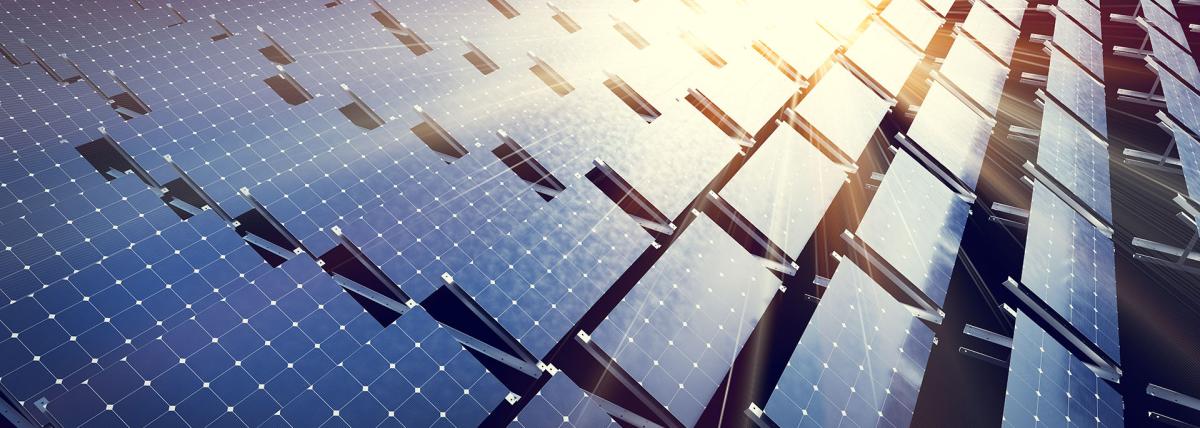
Chemistry - Let's Lick the Spoon
by Amanda Stalvey Harrison
The first rule in the chemistry lab is “don’t eat or drink or lick anything in the lab”! This lesson breaks those rules and shows students how culinary is really a practical application of chemistry. Through this lesson, students will feel like culinary chemists! Students will be using chemical processes to spherify fruit juices and other school appropriate drinks, through molecular gastronomy. This lesson will guide you through a sample lesson structure, key resources, materials lists, and the recipes that were found to work the best. This is a great way to collaborate with your school’s culinary teacher and class to highlight both your classes and contents.
Lesson Plan Link/URL
https://docs.google.com/presentation/d/1Wc9JqcZRv_m8zBtz6qFwhWdos-UyhlSi/edit?u…Subject Area
Science Physical Science P1: Matter Technology 1. Empowered Learner 2. Digital Citizen Mathematics Counting and Cardinality (CC) Measurement and Data (MD) Ratio and Proportion (RP) English Language Arts (ELA) Reading (Literature) Reading (Informational Text) Writing Speaking & Listening
Featured
Off
Related Content

Grades:
7th Grade, 8th Grade, 9th Grade, 10th Grade, 11th Grade, 12th Grade
Want to incorporate the Arts into your 7-12 STEM classroom? The Global Science Opera provides a way to do just that! Learn how to facilitate a STEAM collaboration with arts teachers to make it happen.

Grades:
9th Grade, 10th Grade, 11th Grade, 12th Grade
This lesson is a follow-up to the lesson titled "Creating Sustainable Solutions with Bioplastics Part 1". In this lesson, students evaluate different ingredients for bioplastics and create a minimum

Grades:
9th Grade, 10th Grade, 11th Grade, 12th Grade
An investigation into the function and uses of solar panels in agriculture - Agrivoltaics. Exploring how to get the most efficient use of your solar panels for your gardens.

